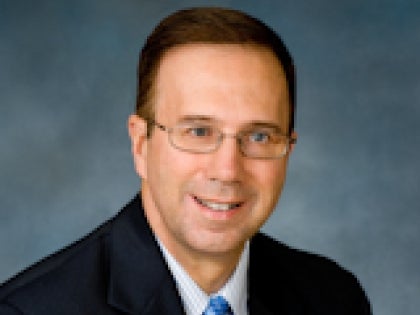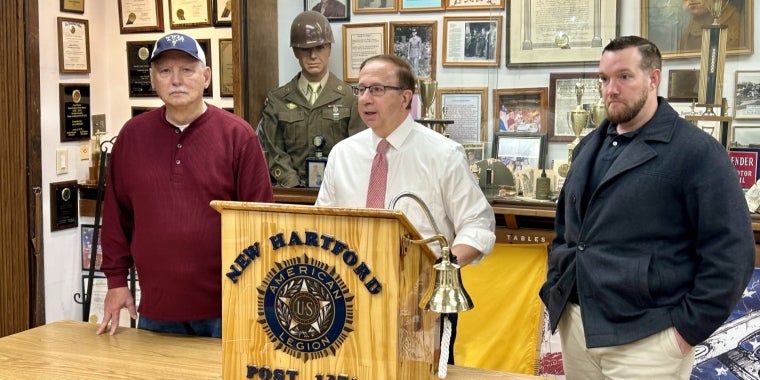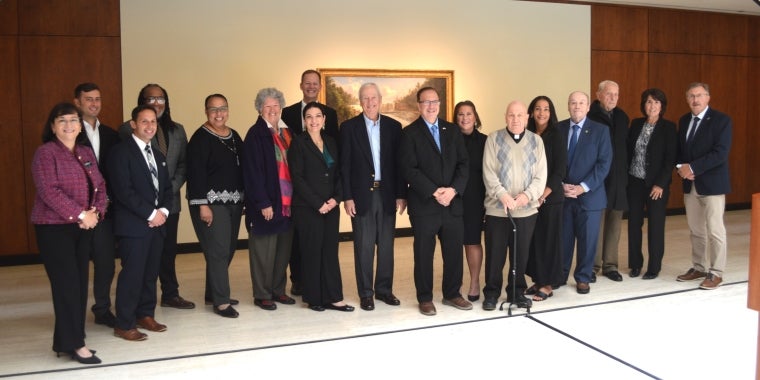
Senator Griffo's Weekly Column #23: Combating Heroin Use
Joseph A. Griffo
June 5, 2014
Heroin – its use and abuse – continue to pepper police blotters across New York lately.
I joined the Senate Task Force on Heroin and Opioid Addiction because I wanted to see if we could make an impact legislatively. I know this addictive drug, which is cheap and easy to obtain, isn’t going away. But that’s no reason to give up. Too many families have waged prolonged battles to help loved ones, only to see them overcome by their addiction.
On May 28, our task force released a report summarizing what we had learned from a series of forums on opioid addiction. Those findings were then turned into 25 bills. Those bills could help stop addiction before it gets started by better educating the public about the risks of heroin. They could reverse the effects of an overdose by equipping our first responders with a drug called naloxone. The legislation could make treatment more affordable and more available. And it would get tough on high level dealers and traffickers.
This is a good start, but I have no intention of waiting for the entire Legislature to act before I help eradicate this problem in my district.
I called Oneida County Sheriff Robert Maciol and County Executive Anthony Picente and found their concerns mirrored mine.
Sheriff Maciol had just applied for a grant that would supply his deputies with naloxone – and the training needed to deploy it in an emergency. Meanwhile, representatives from the county Office of Mental Health, under County Executive Picente’s direction, had been meeting with several local agencies that treat opioid addiction. Now these groups are partnering together to create a resource guide about drug addiction. I can see this being of great use to school counselors, parents, teachers and coaches.
I’m also arranging a partnership with a local organization, approved by the state Department of Health, to provide naloxone training in our community. At the same time, I’m reaching out to emergency medical technicians to see which companies, if any, are trained and are carrying this lifesaving medicine. I’m going to help arrange training for those that are still lacking, and eventually offer the same training and naloxone supplies to non-medical professionals who interact regularly with opioid addicts.
We had 12 deaths from heroin overdoses in Oneida County and two so far this year. Nearly 30 percent of the people in Insight House, a local residential program for addiction, are there because they’re abusing opioids. One out of every two drug cases the Utica Police Department handles this year is heroin-related. There’s been a 39 percent increase, from this year to last, in the number of inmates at the Oneida County Jail who admit to using heroin.
These are all startling statistics. It’s proof that the trend is toward more opioid use and abuse, not less. And we’re going to continue to do all we can to get those figures headed in the other direction.
Share this Article or Press Release
Newsroom
Go to NewsroomGriffo urges Legislature to act on veteran tax relief legislation
October 28, 2024

Griffo presents New York State Senate Commendation Awards
October 25, 2024
